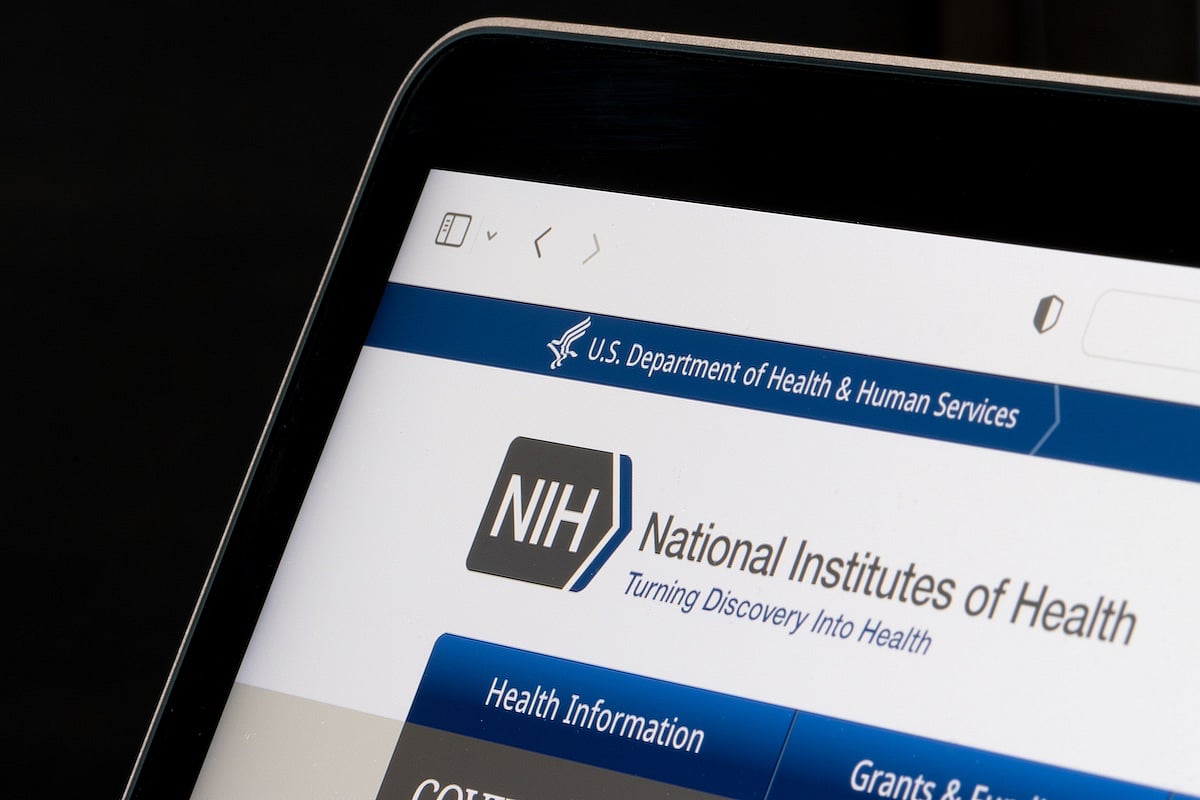.jpg)
Sight-robbing injuries to the cornea can be repaired using a groundbreaking experimental stem cell treatment, a new study shows. The cornea — the clear outermost layer of the eye — can become irreversibly damaged if injury or disease destroys its ability to regenerate new cells. In this new process, stem cells taken from a person’s… read on > read on >










.jpeg)



















